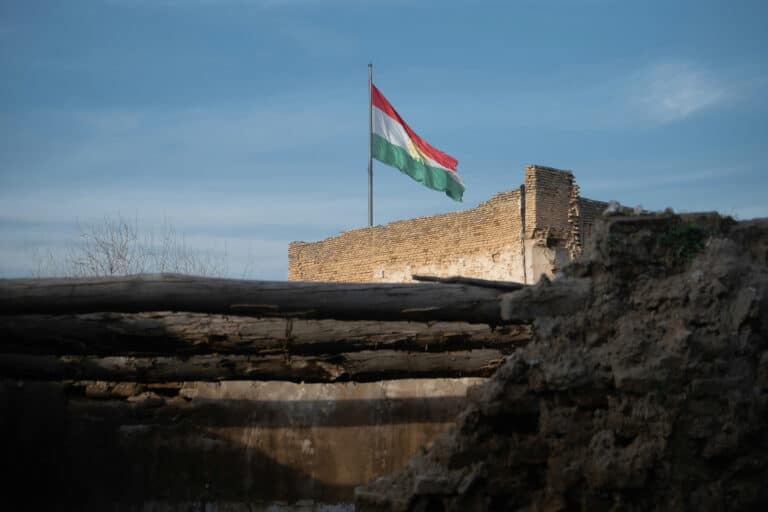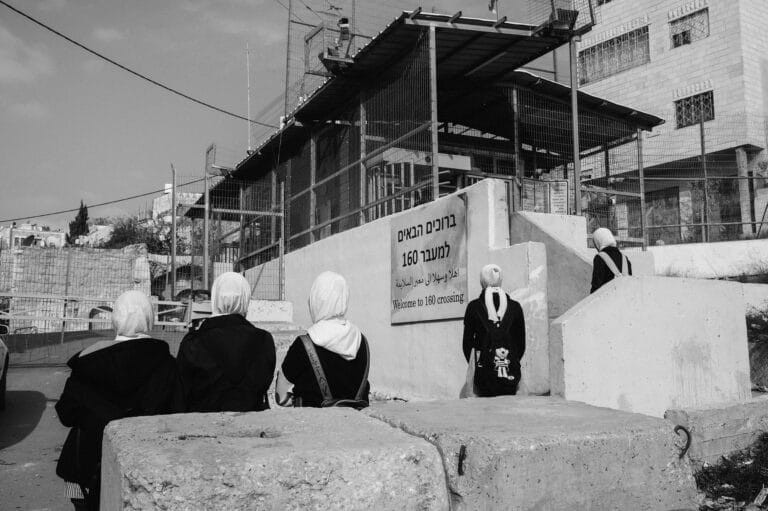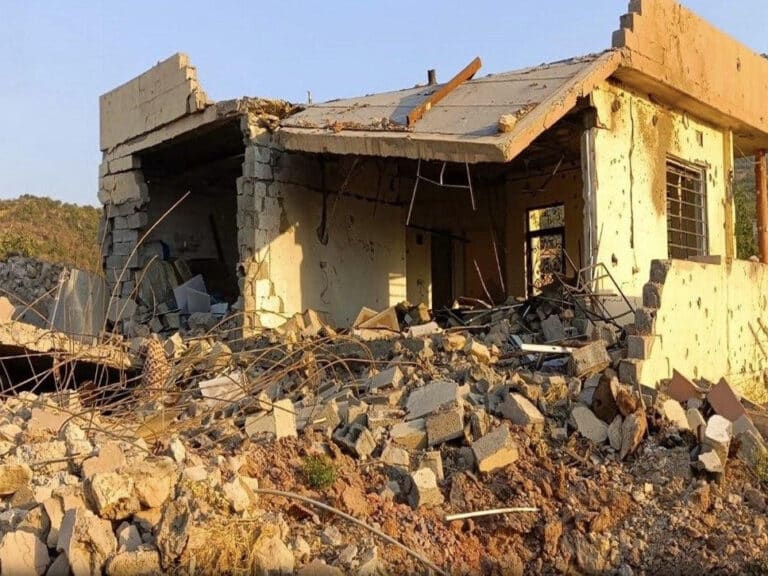CPTnet 23 November 2009
AL-KHALIIL/HEBRON: Whose water is it anyway?
by Magdalene Walker
A local partner and longtime friend recently invited us to document the damage caused by the confiscation of water pipes and the trampling of his crops. The Israeli military said the family was stealing water. The truth is that the water he was accused of stealing comes from West Bank aquifers, and thus, should belong to the Palestinian community.
We took a walk with our partner through tomato crops that the military had damaged when it confiscated the pipes. Our friend estimated $4,000 (US) in losses, not including the physical violence to his family in the process. We trudged through the damaged crops, the rotten tomatoes; it was like walking through injustice. Despite his losses, our local partner gave us the best tomatoes to take home.
Debates over land claims cause people to lose focus on a simple truth: Palestinian people are not allowed to access water that originates beneath their own land. People need water to live, so the denial of water is more than a violation of Palestinian human rights; it is a death sentence.



